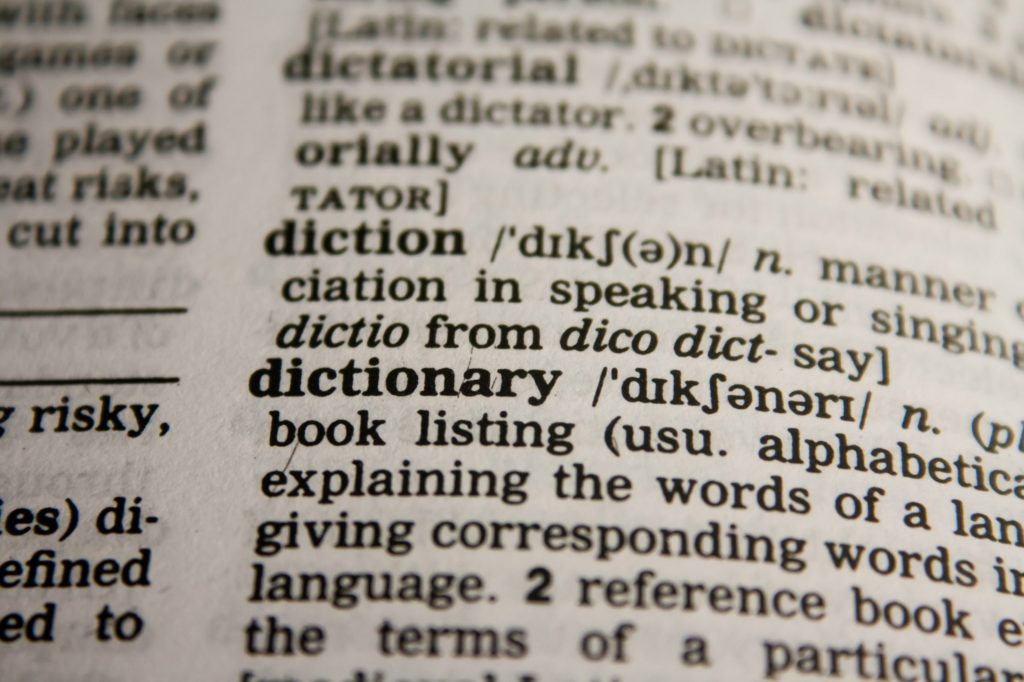
Studying Nouns and Noun Clauses: How to Spot Them Quickly
Studying Nouns and Noun Clauses: How to Spot Them Quickly
Learning to distinguish between nouns and noun clauses is essential for understanding English sentences. Both can serve as the subject of a sentence. For a refresher on grammar basics, see our Part of Speech guide.
Subject + Predicate
When reading long texts, quickly identifying the subject and predicate helps you understand sentence structure. Check our previous guide for reference: Subject + Predicate in English.
- Ask yourself: Is the subject a noun or a noun clause?
- The predicate is the main verb dividing the sentence into two parts.
- Verbs inside a noun clause function differently—they do not split the sentence into separate ideas.
Both Nouns and Noun Clauses Exist in English
To read efficiently, you need to know:
- Which verbs are main predicates?
- Which verbs are inside noun clauses?
Understanding these two points makes long texts much easier to follow.
Nouns as Simple Subjects
A noun is the name of a person, place, or thing. Sentences can have just a noun and a verb:
- A car runs fast.
- Mike likes swimming.
- The chair is old.
Note: Articles like a or the usually come before a noun.
Noun Clauses Include a Noun and a Verb
English sentences are built around subjects and verbs. Here are examples of noun clauses as subjects:
- The fish I ate this morning made me sick.
- The thing I like the best is to watch TV all day long.
- What bothered me most was that my closest friend had known about all this and kept quiet.
In these examples, the noun clause appears before the main predicate verb.
Quiz: Identify the Noun Clause
Find the sentences that contain a noun clause. First, identify the verb that serves as the main predicate. Then, determine the noun clause and examine how the verb inside the clause differs from the main verb.
Questions (10 sentences):
- You are old enough to earn your own living.
- Anyone who makes so many mistakes deserves poor marks.
- The standard of living improved in Japan over 50 years.
- The new technology developed in Germany has proved to be very useful in dealing with water pollution.
- If you subtract 15 from 29, you have 14 left.
- Under the new government proposal, heavy taxes will be imposed on luxury goods.
- Books that can be enjoyed by young and old alike are rare.
- The baby stopped crying and soon fell sound asleep.
- My brother has many more good books than me.
- A big project to build a new building was already under way.
Summary
This article explained how to distinguish between nouns and noun clauses when they serve as the subject.
Use an English-English dictionary to look up unfamiliar words.